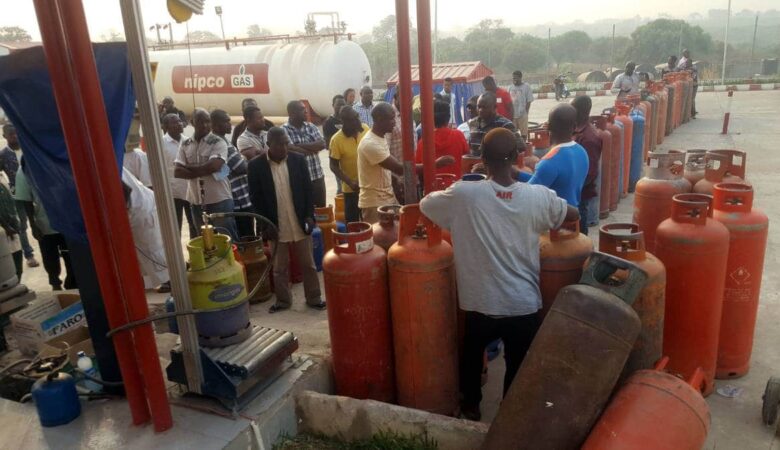
The German Government has inaugurated the Carbon Offsetting Rice Emissions (CORE) Project to support 12,000 smallholder farmers in climate-smart rice production across Benue, Nasarawa, and Kano States.
Speaking at the inauguration in Abuja on Tuesday, Johannes Lehne, Deputy Head of Mission, representing German Ambassador Annett Günther, highlighted the importance of the initiative.
She said the three-year pilot project, running from 2024 to 2027, aimed to lay the groundwork for a future where farmers could benefit directly from climate action.
Günther added that the project was designed to help carbon markets thrive in a way that genuinely supported sustainable development and empowered smallholder farmers.
She said the project, funded by the German Federal Ministry for Economic Cooperation and Development (BMZ), would be implemented by GIZ (Deutsche Gesellschaft für Internationale Zusammenarbeit) in collaboration with Olam Agri.
Günther explained that CORE would promote climate-smart rice cultivation practices to reduce greenhouse gas (GHG) emissions while enhancing innovation, sustainable value chains, and long-term growth in Nigeria’s rice sector.
“There is an urgent need for practical steps to reduce emissions and strengthen the resilience of agriculture, given the escalating impacts of climate change,” she said.
Günther reaffirmed Germany’s commitment to climate finance, noting that in 2023, the German Government contributed 9.94 billion euro, leveraging public funds to attract private climate finance through revolving credit lines, structured funds, and public-private partnerships.
She added that BMZ, in partnership with the Bill & Melinda Gates Foundation and the European Union, had committed 117 million euro to its current agricultural portfolio in Nigeria and the ECOWAS region.
“The funding aims to transform Nigeria’s agri-food system by boosting food security, employment, inclusive growth, and climate resilience.”








Leave a Reply